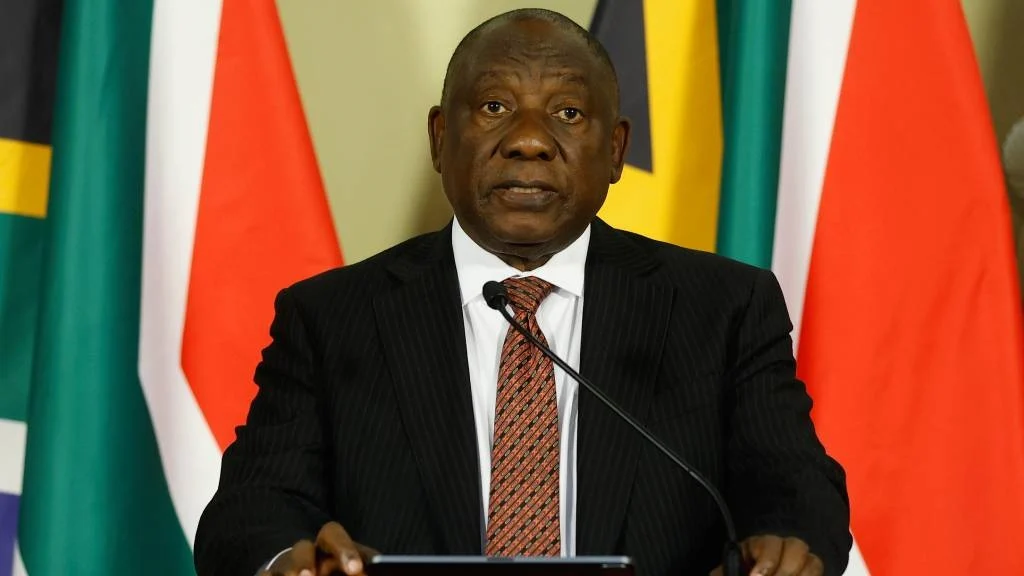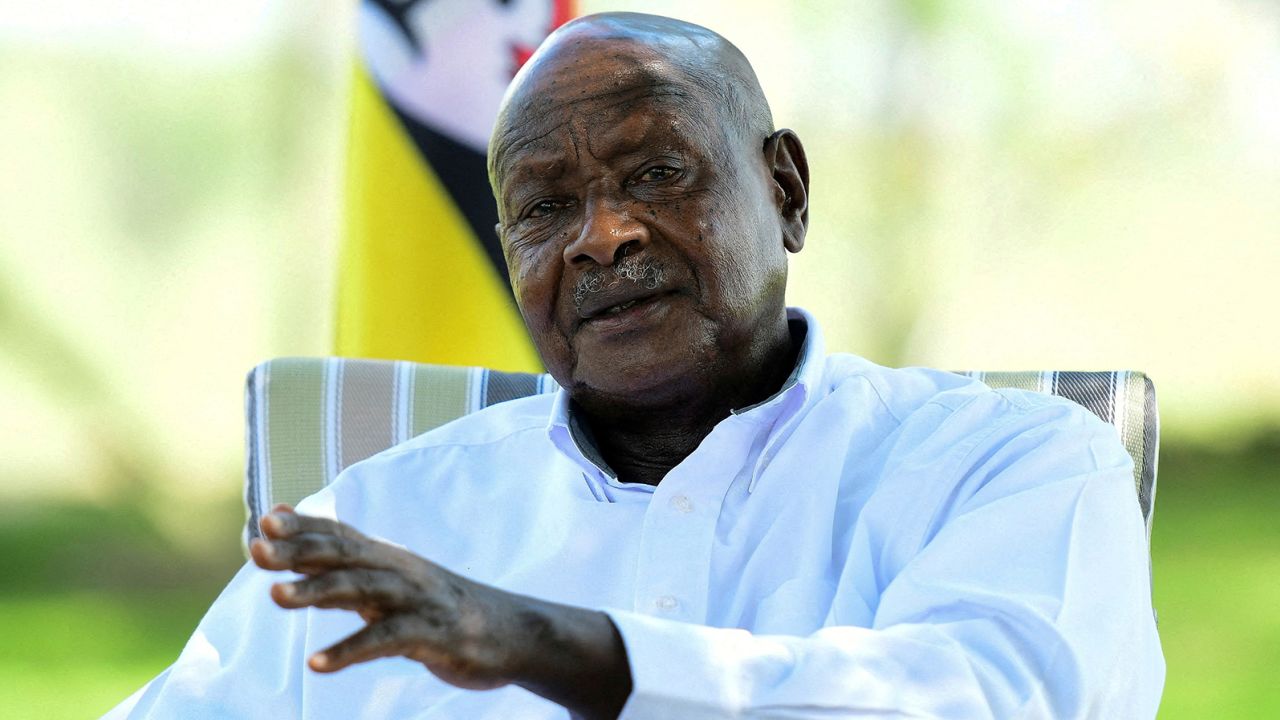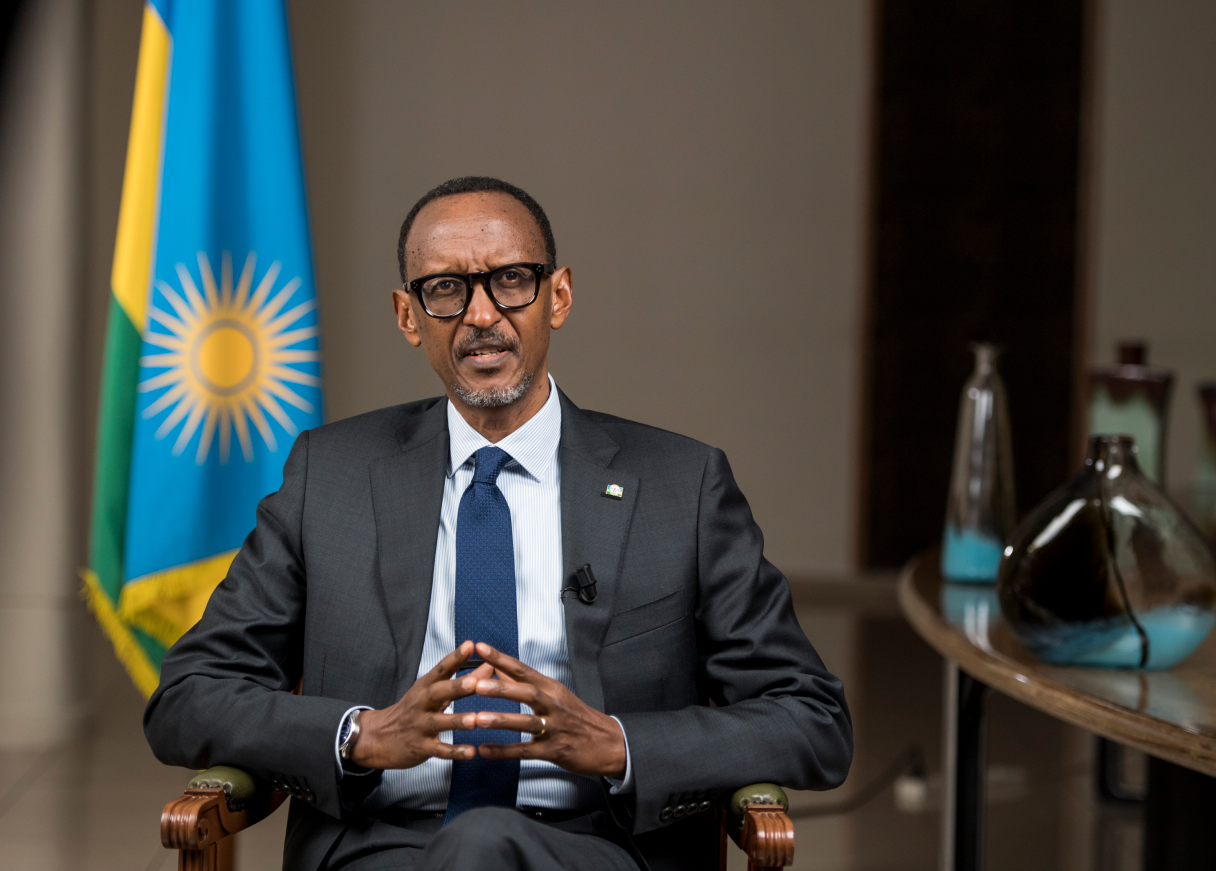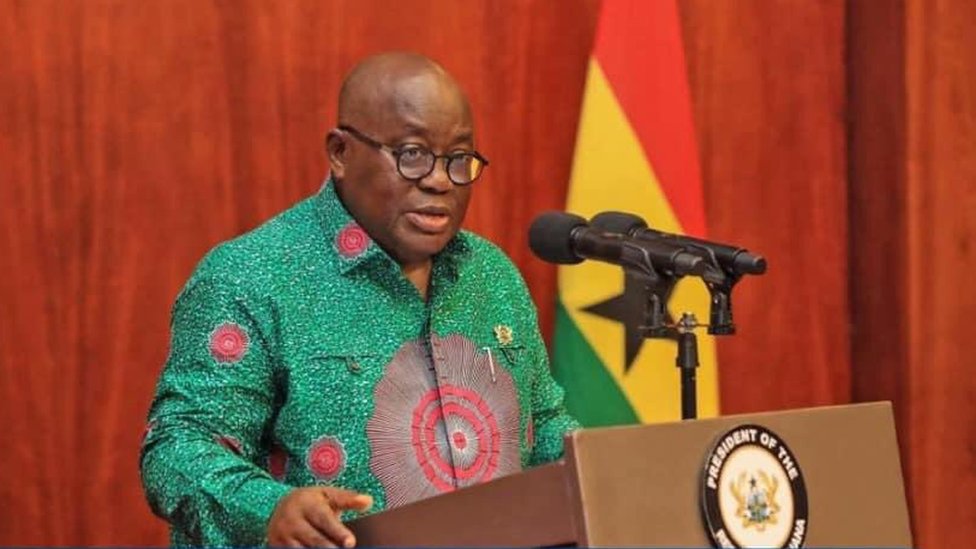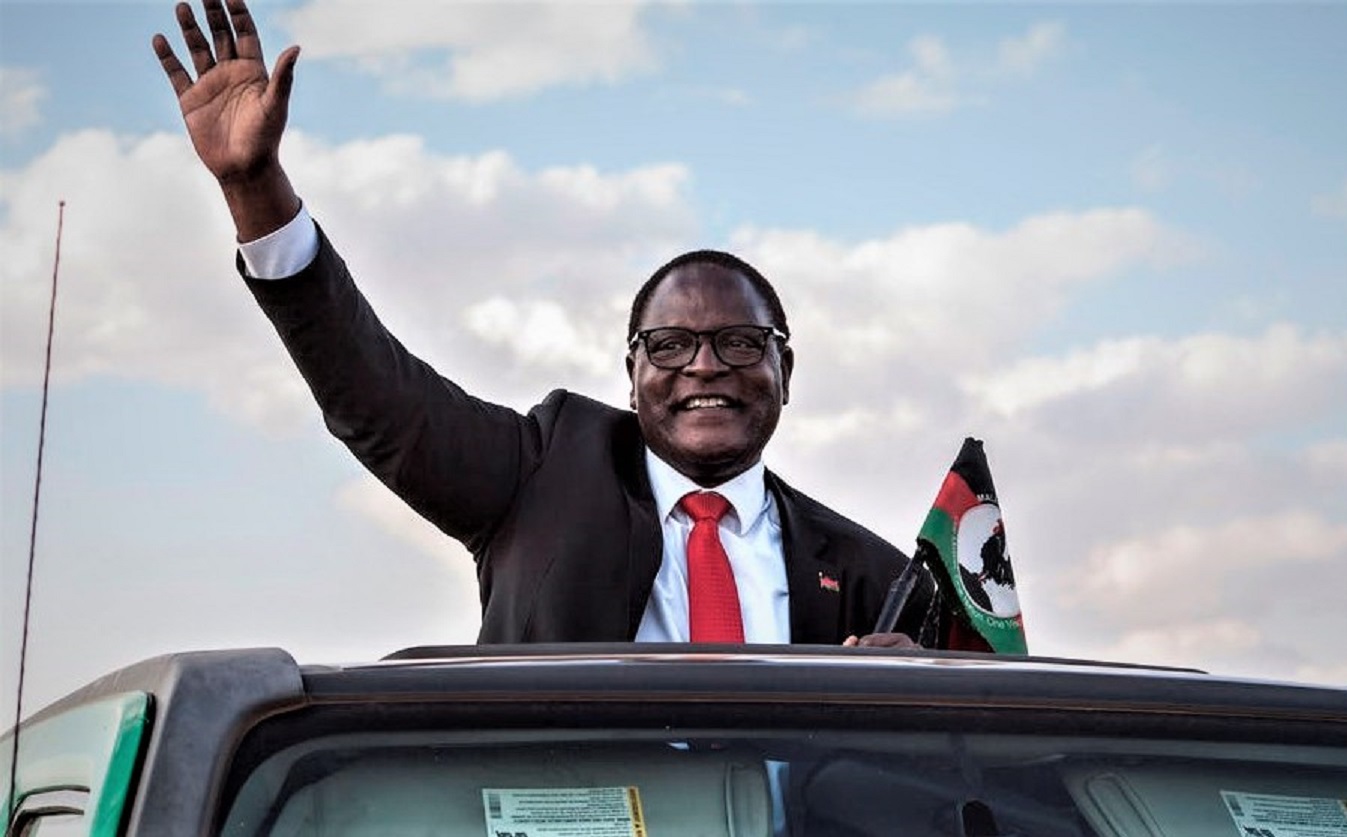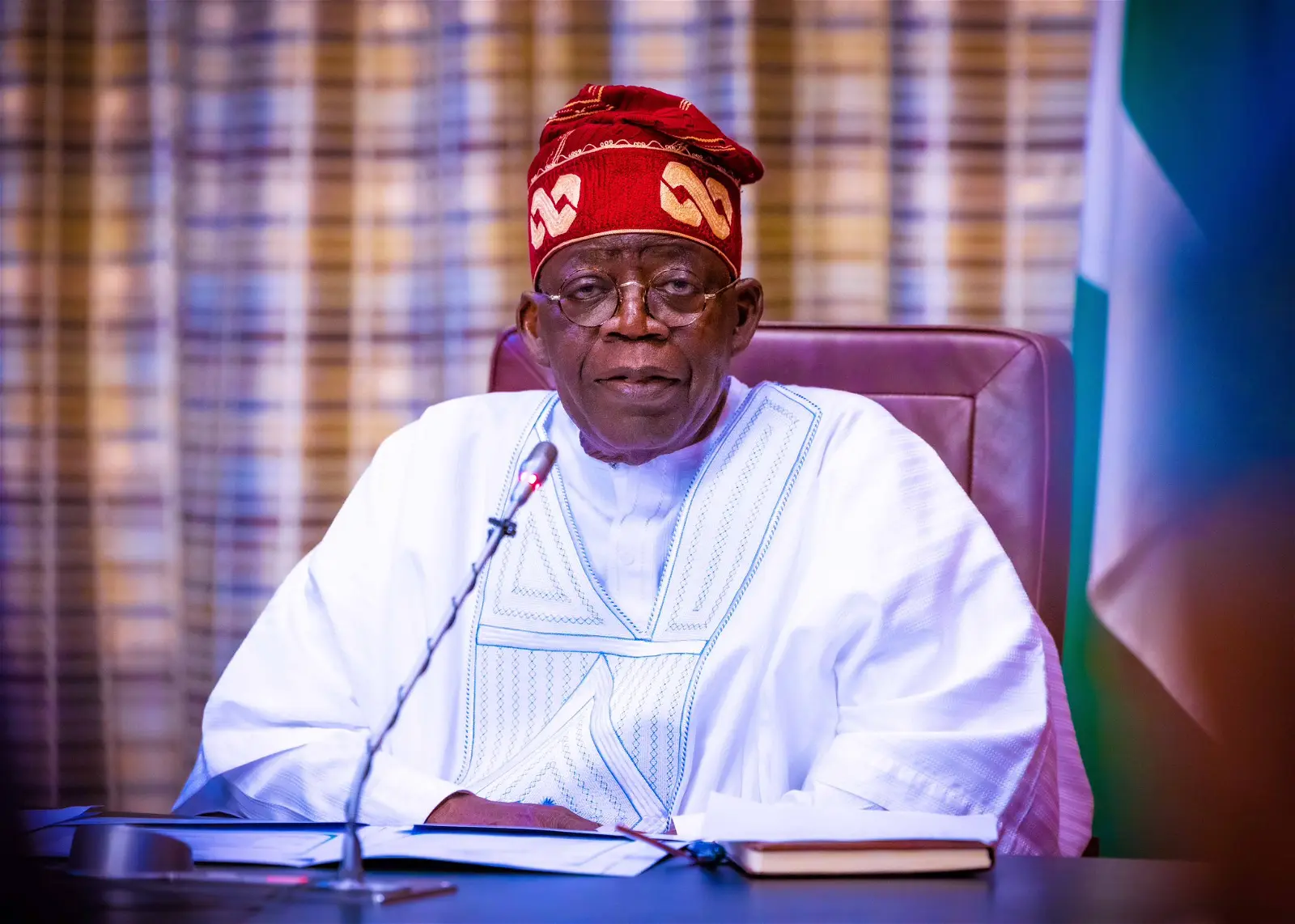Top Lists
Top 10 Highest-Paid Presidents in Africa (2023)
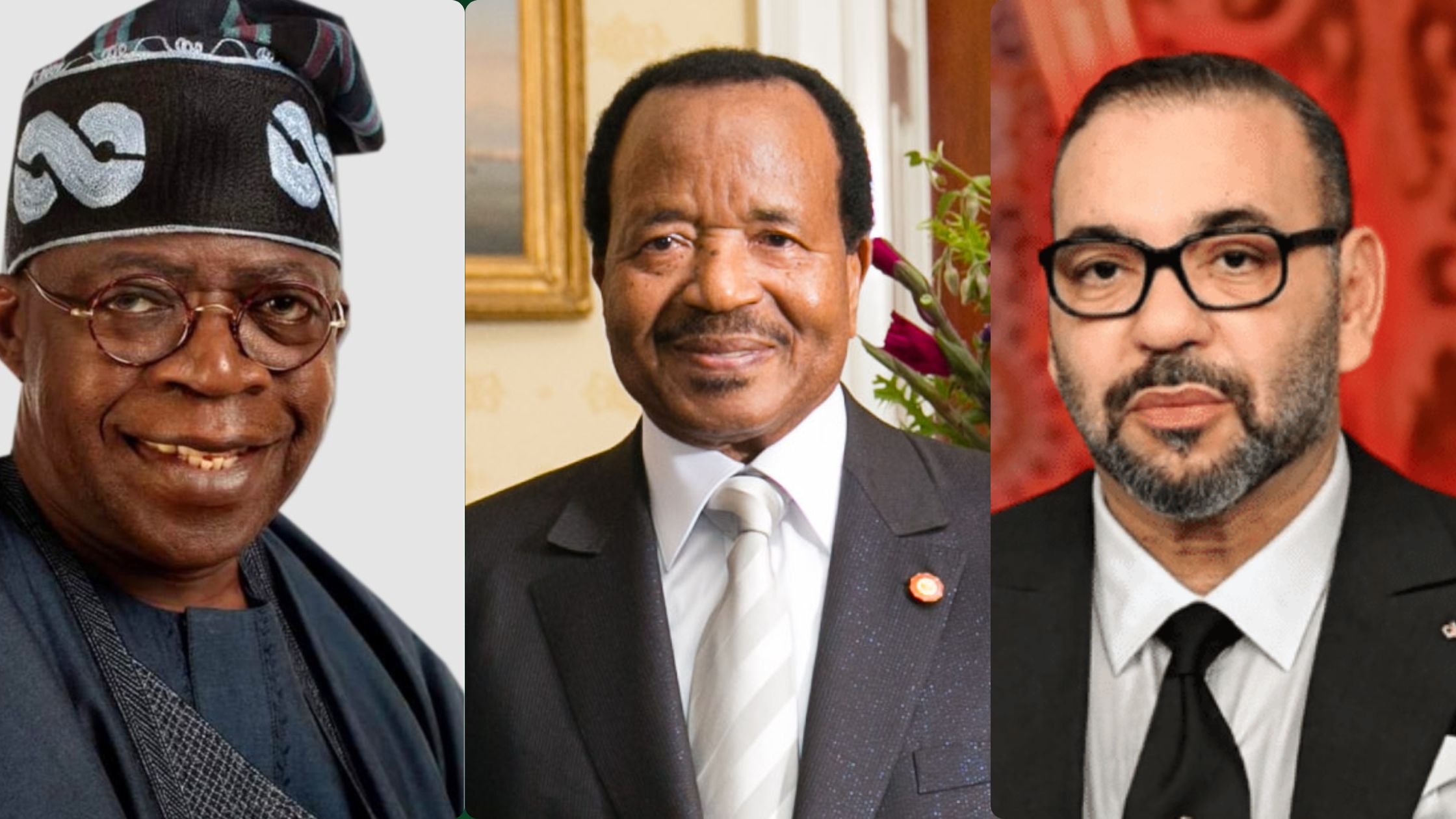
Discussion about the highest-paid presidents in Africa is as old as the continent itself; their take-home has been a topic of discussion for many years. Some people believe that these salaries are too high, especially considering the poverty and inequality that exist in many African countries. Others argue that the salaries are justified, given the responsibility and demands of the job.
In this article, we will explore the issue of the salaries of African presidents. We will discuss the factors that contribute to these high salaries, the arguments for and against them, and the potential consequences of these salaries.
We will also provide a list of the top 10 highest-paid presidents in Africa in 2023. This information will be helpful in understanding the context of the debate over presidential salaries in Africa.
Top 10 Highest-Paid Presidents in Africa
Here is a table of the top 10 highest-paid presidents in Africa in 2023
| Rank | President | Country | Salary (USD) |
|---|---|---|---|
| 1 | Paul Biya | Cameroon | 620,976 |
| 2 | Mohammed VI | Morocco | 488,604 |
| 3 | Cyril Ramaphosa | South Africa | 223,500 |
| 4 | Alassane Ouattara | Ivory Coast | 200,000 |
| 5 | Yoweri Museveni | Uganda | 150,000 |
| 6 | Paul Kagame | Rwanda | 140,000 |
| 7 | Nana Akufo-Addo | Ghana | 120,000 |
| 8 | Lazarus Chakwera | Malawi | 100,000 |
| 9 | Bola Ahmed Tinubu | Nigeria | 90,000 |
| 10 | Denis Sassou Nguesso | Republic of the Congo | 80,000 |
1. Paul Biya
Paul Biya is currently the highest-paid president in Africa in 2023; he is the president of Cameroon and has been in office since 1982. He is the longest-serving president in Africa and the second-longest-serving non-royal head of state in the world. Biya is a controversial figure, accused of corruption and human rights abuses.
In 2022, Biya was ranked the highest-paid president in Africa, with an annual salary of $620,976. This salary is significantly higher than the average salary in Cameroon, which is about $1,200 per year. Biya’s salary has been criticized by some as being excessive, given the country’s poverty.
Biya was born in Cameroon in 1933. He studied law and administration in France and returned to Cameroon to work in the civil service. In 1960, Cameroon gained independence from France and Biya joined the Cameroonian National Union (CNU), the ruling party. He rose through the ranks of the CNU and became prime minister in 1975.
In 1982, Biya overthrew President Ahmadou Ahidjo in a bloodless coup. He has been in power ever since. Biya has been accused of rigging elections, suppressing dissent, and enriching himself and his family. He has also been criticized for his handling of the country’s economy, which has been in decline for many years.
2. Mohammed VI
Mohammed VI is the current king of Morocco. He has been in office since 1999, following the death of his father, Hassan II. Mohammed VI is a constitutional monarch and holds the title of Commander of the Faithful. He is the head of state of Morocco and the leader of the Muslim faith in the country.
Mohammed VI was born in Rabat, Morocco, in 1963. He was educated in Morocco and France, and he holds a degree in law from the University of Paris. After his father’s death, he ascended to the throne and pledged to reform the Moroccan government. He has since introduced a number of reforms, including the establishment of a constitutional court, the creation of a new parliament, and the decriminalization of homosexuality.
More so, Mohammed VI is a popular figure in Morocco. He is seen as a modernizer who is committed to improving the lives of his people. He is also a strong advocate for women’s rights and has worked to improve the status of women in Morocco.
3. Cyril Ramaphosa
Cyril Ramaphosa is the fifth and current president of South Africa. He has been in office since 2018. Ramaphosa is a businessman and politician who is also the president of the African National Congress (ANC).
Ramaphosa was born in Soweto, South Africa, in 1952. He studied law and worked as a trade unionist before entering politics. Ramaphosa was a leading figure in the anti-apartheid movement and was imprisoned for his activism. After apartheid ended, Ramaphosa served as deputy president of South Africa under President Thabo Mbeki.
In 2021, Ramaphosa was ranked the 3rd highest-paid president in Africa, with an annual salary of $223,500. This salary is significantly higher than the average salary in South Africa, which is about $3,500 per year. Ramaphosa’s salary has been criticized by some as being excessive, given the country’s poverty.
4. Alassane Ouattara
Alassane Dramane Ouattara is the president of Ivory Coast and also one of the highest-paid presidents in Africa. He has been in office since 2011. Ouattara is an economist and politician who is also the leader of the Rally of the Republicans (RDR) party.
Ouattara was born in Yamoussoukro, Ivory Coast, in 1942. He studied economics in France and the United States. After returning to Ivory Coast, Ouattara worked as an economist for the World Bank and the International Monetary Fund.
More so, Ouattara entered politics in the early 1990s. He was elected prime minister of Ivory Coast in 1990, but he was forced to resign in 1993 after a military coup. Ouattara was a leading figure in the opposition to the military regime.
In 2010, Ouattara ran for president of Ivory Coast. The election was disputed and led to a civil war. Ouattara was eventually declared the winner of the election and was inaugurated as president in 2011.
5. Yoweri Museveni
Yoweri Kaguta Museveni is the current president of Uganda and has been in office since 1986, making him the longest-serving president in sub-Saharan Africa. Museveni is a controversial figure, accused of human rights abuses and corruption.
Museveni was born in Ntungamo, Uganda, in 1944. He studied economics and political science at the University of Dar es Salaam in Tanzania. After graduating, Museveni joined the rebel National Resistance Army (NRA) and fought against the government of Milton Obote.
In 1986, the NRA overthrew Obote and Museveni became president. Museveni promised to bring peace and stability to Uganda after years of civil war. He also promised to improve the economy and fight corruption.
Museveni has made some progress in achieving these goals. He has brought peace and stability to Uganda, and the economy has grown steadily under his leadership. However, Museveni has also been accused of human rights abuses and corruption. He has been criticized for suppressing dissent and for enriching himself and his family.
6. Paul Kagame
Paul Kagame is the current president of Rwanda and has been in office since 2000. Kagame is a controversial figure, but he is also credited with leading Rwanda’s recovery from the 1994 genocide.
Kagame was born in Rwanda in 1957. He fled Rwanda during the genocide and joined the rebel Rwandan Patriotic Front (RPF). The RPF overthrew the government in 1994 and Kagame became vice president.
In 2000, Kagame was elected president. He has been praised for his economic reforms and for his efforts to promote reconciliation and unity in Rwanda. However, he has also been criticized for his authoritarian rule and for his alleged role in the assassination of former president Juvénal Habyarimana.
Kagame ranked the 6th highest-paid president in Africa, with an annual salary of $140,000. This salary is significantly higher than the average salary in Rwanda, which is about $1,200 per year. Kagame’s salary has been criticized by some as being excessive, given the country’s poverty.
7. Nana Akufo-Addo
Nana Akufo-Addo is the current president of Ghana. He has been in office since 2017. Akufo-Addo is a member of the New Patriotic Party (NPP) and he is the fifth president of the Fourth Republic of Ghana.
Akufo-Addo was born in Accra, Ghana in 1945. He studied law at the University of Ghana and he worked as a barrister and solicitor before entering politics. Akufo-Addo served as a member of parliament from 1979 to 1981 and he was the foreign minister of Ghana from 2001 to 2003.
Akufo-Addo was elected president of Ghana in 2016. He defeated the incumbent president, John Dramani Mahama, by a margin of 51% to 47%. Akufo-Addo’s presidency has been marked by a number of policies, including economic reforms and infrastructure development, while others have criticized his social policies and his handling of security issues.
8. Lazarus Chakwera
Another president on our list of the highest-paid presidents in Africa is Lazarus McCarthy Chakwera. He is the current president of Malawi and was sworn into office on June 28, 2020, following a court-ordered re-run of the 2019 presidential election.
Chakwera is a theologian and politician who has served as the leader of the Malawi Congress Party (MCP) since 2013. He was President of the Malawi Assemblies of God from 1989 to 2013.
Chakwera was born in Lilongwe, Malawi, in 1955. He studied philosophy at the University of Malawi and theology at the University of Limpopo in South Africa. He also holds a doctorate in theology from Trinity International University in the United States.
Chakwera entered politics in the early 1990s. He served as a member of parliament from 1994 to 2004 and as minister of education from 2004 to 2009.
9. Bola Ahmed Tinubu
Bola Ahmed Tinubu is the 16th and current president of Nigeria. He was elected in the 2023 Nigerian general election. Tinubu is a controversial figure, but he is also one of the most powerful politicians in Nigeria.
Tinubu is a wealthy businessman and he is seen as a shrewd political operator. He is also a strong supporter of the Muslim-dominated north of Nigeria. Tinubu’s presidency has been marked by a number of controversies, including his alleged involvement in corruption and his close ties to the Muslim Brotherhood.
In 2023, Tinubu is ranked the 9th highest-paid president in Africa, with an annual salary of $90,000. This salary is significantly higher than the average salary in Nigeria, which is about $2,000 per year. Tinubu’s salary has been criticized by some as being excessive, given the country’s poverty.
10. Denis Sassou Nguesso
Denis Sassou Nguesso is the current president of the Republic of the Congo. He has been in office since 1997, after previously serving as president from 1979 to 1992.
Sassou Nguesso was born in 1943 in Makoua, Moyen-Congo. He joined the military in 1961 and rose through the ranks. He was appointed prime minister in 1979 and became president the same year.
More so, Sassou Nguesso’s first presidency was marked by authoritarian rule and human rights abuses. He was overthrown in a coup in 1992, but he returned to power in 1997.
Sassou Nguesso’s second presidency has been more democratic, but he has been accused of corruption and of enriching himself and his family. He has also been criticized for his handling of the economy, which has been stagnant for many years.
Conclusion
The salaries of African presidents vary widely, from a low of $1,000 per year to a high of $620,976 per year. The average salary for an African president is about $100,000 per year.
There are a number of factors that contribute to the salaries of African presidents, including the size of the country’s economy, the level of corruption, and the political stability of the country.
Countries with large economies and low levels of corruption tend to have higher-paid presidents. Countries with small economies and high levels of corruption tend to have lower-paid presidents.



